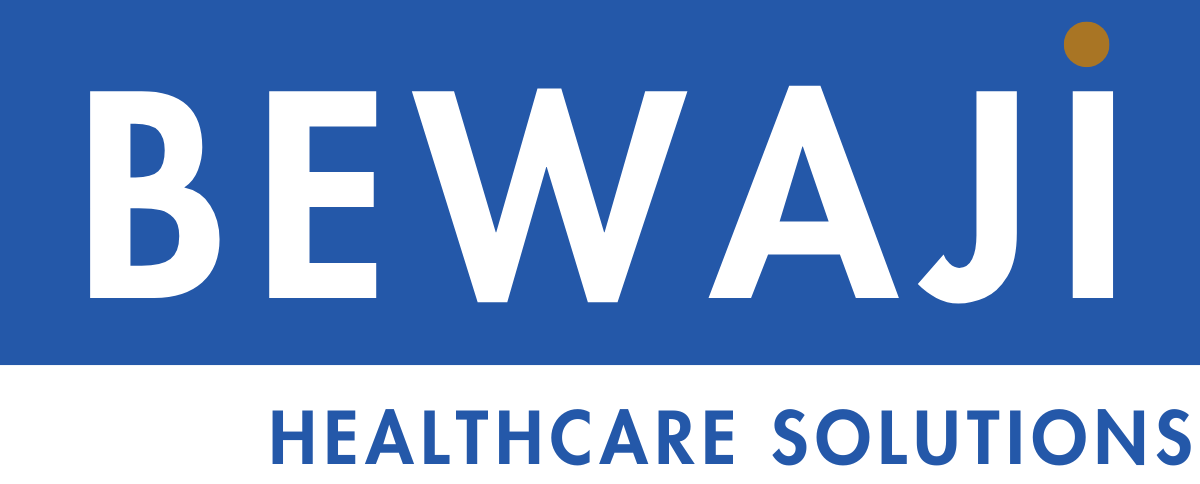What is an SOP?
An SOP is not just a document but a living, breathing commitment to operational consistency and excellence. Think of it as a detailed recipe for your healthcare business. From admitting a new patient to conducting specific medical procedures and even navigating the labyrinth of healthcare financing, an SOP outlines the step-by-step processes, responsibilities, and timelines to ensure there is no room for ambiguity.
SOP vs. Policy: The Crucial Difference
While confusing SOPs with policies is easy, the two are fundamentally different. A policy sets the boundaries and the “what” and “why” of your operations. An SOP, however, is all about the “how.” It gives you the nuts and bolts, outlining a clear pathway for accomplishing a task in alignment with organizational policies.
The Unquestionable Importance of SOPs in Healthcare Management
Standard Operating Procedures (SOPs) are not merely guidelines your staff might follow. They’re an indispensable part of a well-run healthcare organization. They serve as the backbone that supports the body of your facility’s day-to-day operations. Here’s why their importance cannot be overstated.
Consistency and Standardization
SOPs ensure that tasks are performed consistently across the board, which is crucial in healthcare, where inconsistent processes can lead to severe consequences. For example, inconsistent patient intake procedures could result in incomplete medical histories, medication errors, or insurance verification issues. These inconsistencies can compromise patient safety, lead to financial losses, and negatively impact your facility’s reputation.
Risk Mitigation
In healthcare, the stakes are incredibly high. Errors can lead to adverse patient outcomes, legal consequences, and financial losses. SOPs act as a safeguard, offering a predefined route that, if followed correctly, minimizes the risks of errors or omissions. They are a safety net that can catch potentially disastrous mistakes before they happen.
Regulatory Compliance
Healthcare organizations must comply with numerous regulations, from data protection laws to patient care standards. SOPs help ensure that your facility remains compliant by clearly outlining how to perform tasks following legal and regulatory requirements. They can also serve as documentation during audits to prove that your organization operates within the law’s boundaries.
Employee Training and Onboarding
SOPs serve as an invaluable tool for training new employees. They provide new hires with a detailed roadmap, showing them exactly what steps to take and how to perform their tasks to the required standard. This accelerates the onboarding process and ensures new staff members are quickly up to speed.
Quality Control and Continuous Improvement
SOPs offer a baseline measure of performance. They provide the criteria against which you can evaluate individual and organizational performance. By comparing actual performance to the SOP, you can identify areas for improvement and make data-driven decisions to elevate the quality of care and administrative functions.
Decision-making and Autonomy
SOPs empower your employees to make informed decisions. When staff members have a well-defined SOP to refer to, they can make decisions independently without consulting management for every small task. This streamlines operations and allows managerial staff to focus on more strategic issues.
Operational Efficiency
Time is of the essence in healthcare settings. Well-crafted SOPs save time by eliminating the need for employees to figure out the next steps. They can proceed confidently, knowing they follow a well-thought-out plan that maximizes operational efficiency.
Business Scalability
As your healthcare facility grows, SOPs enable you to scale your operations effectively. They allow you to onboard multiple employees simultaneously and ensure that different branches or departments of your organization operate cohesively. Without SOPs, scaling your business would be a chaotic and error-prone process.
Customer Satisfaction
Lastly, SOPs directly impact the patient experience. They ensure that every patient receives the same high standard of care and service, regardless of which staff member they interact with. This consistency enhances patient satisfaction and loyalty, critical drivers of business success in healthcare.
The Foundation Five
Now, let’s delve into the essential SOPs every healthcare business should have in place.
- Client Onboarding and Offboarding
The importance of a robust SOP for client onboarding cannot be overstated. Imagine a healthcare facility, let’s call it “HealthFirst,” that delivers top-notch services but lacks an onboarding SOP. They may provide excellent care, but the absence of a structured process leaves room for critical oversights—like failing to verify a new patient’s insurance or medical history. Such lapses could lead to financial and reputational risks, as HealthFirst learned the hard way. To avoid such pitfalls, your onboarding SOP should cover every detail, including mandatory health checks, insurance verification, and secure data storage. A corresponding offboarding SOP ensures that records are transferred or archived ethically and securely when a client leaves.
- Customer Service
In healthcare, customer service isn’t merely a department but an ethos that should permeate your entire organization. Consider a healthcare facility named “HealPoint,” known for its clinical expertise but lacking customer service. The absence of a well-defined customer service SOP could lead to situations where patients, despite receiving excellent medical care, feel uninformed and anxious due to a lack of communication. A comprehensive SOP would guide staff in delivering medical care and clear, compassionate communication and follow-ups, enhancing patient satisfaction and loyalty.
- Marketing and Sales
As healthcare providers, you walk a fine line regarding marketing. How do you inform the public about your services without making exaggerated claims? Your Marketing and Sales SOP should lay down the rules of the game. From the tone and style of your marketing materials to compliance with data protection laws, this SOP helps you maintain a consistent brand identity and ethical marketing practices.
- Employee Onboarding and Offboarding
In healthcare, employee onboarding should cover job basics and critical compliance training, such as HIPAA protocols and emergency response procedures. Similarly, offboarding should detail how to revoke access to sensitive databases and inform departing employees about ongoing confidentiality obligations. Without such SOPs, you open avenues for unintentional errors or security breaches.
- Financial Management
Healthcare financial management goes beyond invoicing and payment collection; it also encompasses insurance claims, medical billing, and tax filing. An SOP here acts as your financial gatekeeper, specifying who has authority over financial transactions and how these are to be audited and reported.
Additional SOPs for Operational Excellence
- Project Management: Implementing solid project management software and SOP can be transformative. It keeps your team aligned and ensures that tasks are effectively managed.
- Creating SOPs: It may sound meta, but having an SOP for creating SOPs ensures standardization across all organizational functions.
The Benefits of Investing in SOPs
Why should you go through the effort of creating these SOPs? They bring efficiency, reduce errors, and offer a robust framework for training staff. Furthermore, well-crafted SOPs empower your team to make informed decisions, optimizing managerial time and resources.
Adapt and Evolve
Remember, no SOP is set in stone. Revising and revising these documents based on real-world feedback and evolving healthcare best practices is crucial.
Conclusion
SOPs are not just procedural checklists. They are the architectural blueprints for building a scalable, sustainable healthcare business that excels in clinical service delivery, operational efficiency, and customer satisfaction. Thank you for your time, and here’s to operational excellence in healthcare!

